Our 2 meter net meeting EVERY Wednesday at 8:00 PM (local time) on the clubs repeater system network. These are good training ground for possible emergency situations, as well as helping the new hams in the area to have an easy way to get use to “talking on the radio”.
The club website (www.bigbendarc.com) has ALL the information on the 2 meter net. Included is the Net Control members schedule, until year end, the “script” (supplied ONLY as a guide to ensure the important information is given out weekly – you can use it anyway you see fit) and a list of the recent check-in members.
If you have an interest in joining the Net Control stations please call me (432/837-2257) or holler at me during the Wednesday evening net (either before or after the net).
The month of November had five (5) Wednesdays in it and it went this way:
DATE CHECK-INS NET CONTROL STATION
NOVEMBER 2 17 KG5BMK - CHUCK
NOVEMBER 9 14 KG5LMG - MARVIN
NOVEMBER 16 21 KA5PVB - CHUCK (fill-in for W5NPR)
NOVEMBER 23 19 N5BBJ - BRUCE
NOVEMBER 30 18 W5RHN - BOB
89 total check-ins for November
Additionally, our Echo-Link system is fully operational and the following stations have checked in to the net at least once this month – KC5WFH – BILL from Oregon; KG5DW – DON from South Florida; and KD5KC – MIKE from El Paso.
A quick reminder to all stations on the net, pause between transmissions to allow the Echo-Link stations to be heard and recognized.
With the holiday season here now, everyone is busy, and if you don’t have the time to check-in to the net and stick around for the round-table discussion, take a minute of your time and check-in as an “in-and-out” (where you’re there for the head count but don’t have the time to participate). All participation is much appreciated and encouraged.
About 2 weeks from now (mid-November) I plan to work up the Net Control Schedule for the first half of 2017. If any newly licensed members, OR IN-ACTIVE PREVIOUS NET CONTROL STATIONS would like to rejoin the group of NCS, let me know and I’ll be happy to add you to our new schedule!
Any of the new hams in the community, if you have questions or problems with trying to get radios and antennas set-up feel free to bring them up during the net. We May not have the answer right of the cuff, but somebody can find the info and get back with you shortly!
73’s and hope to talk to you soon.
Happy holiday’s everyone. We hope ya’ll have a very safe, sane, and joyous holiday season!
Chuck Dobbins – KA5PVB
2-meter Net Manager

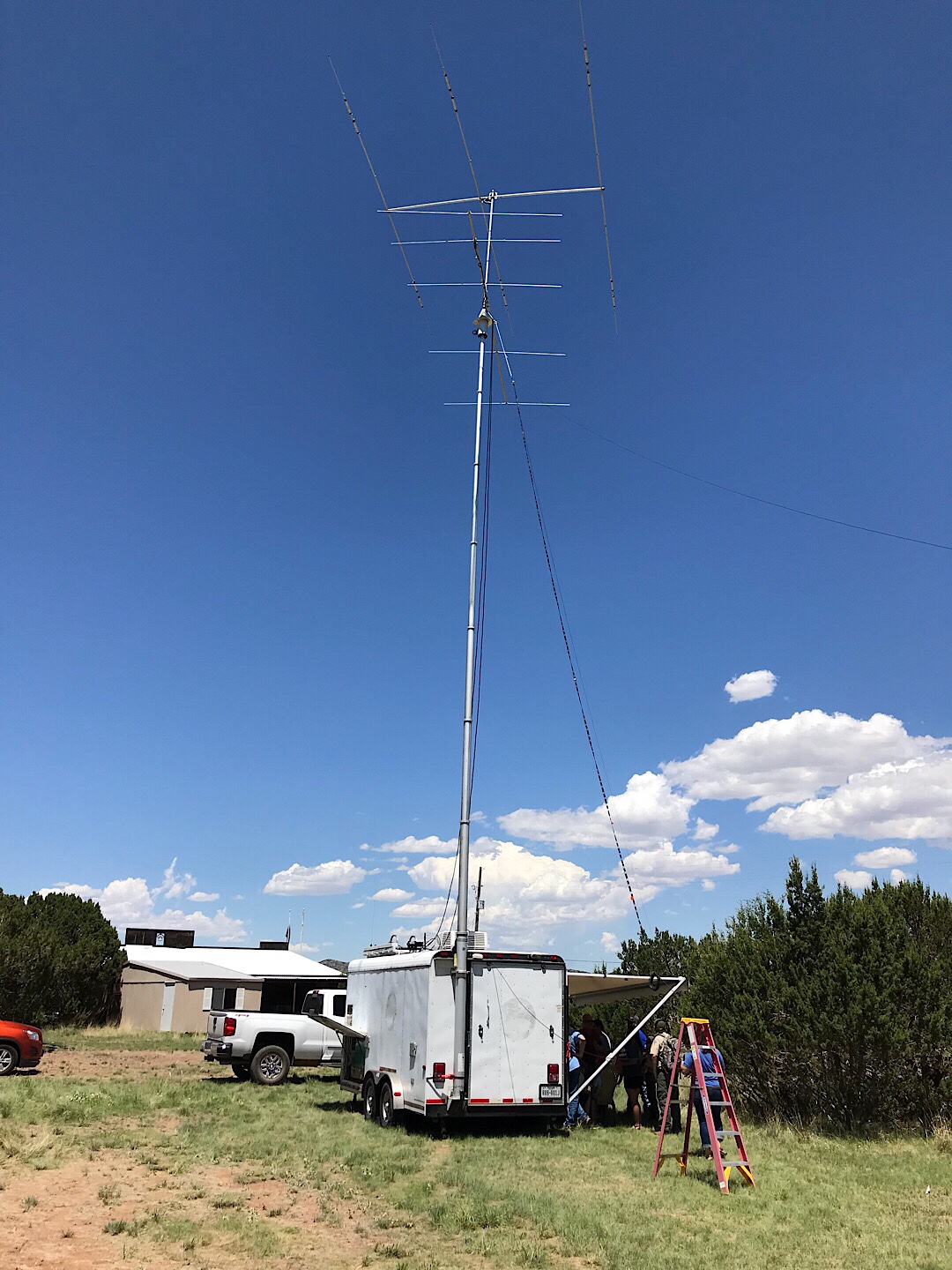
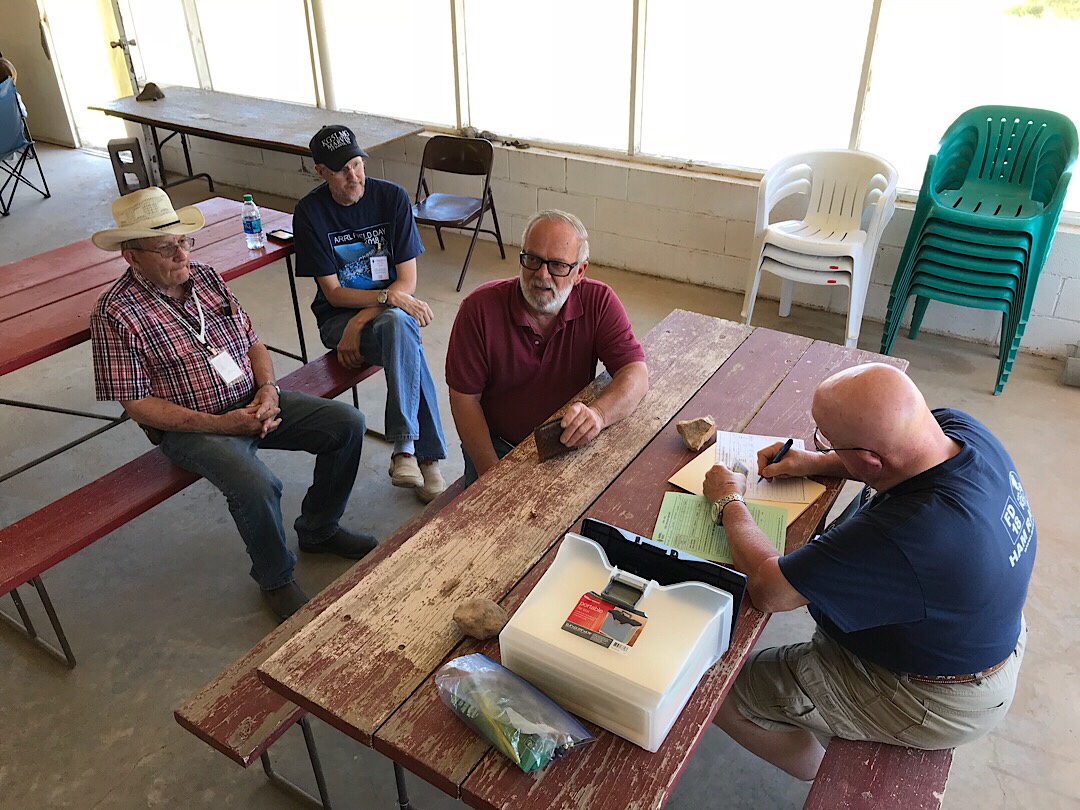
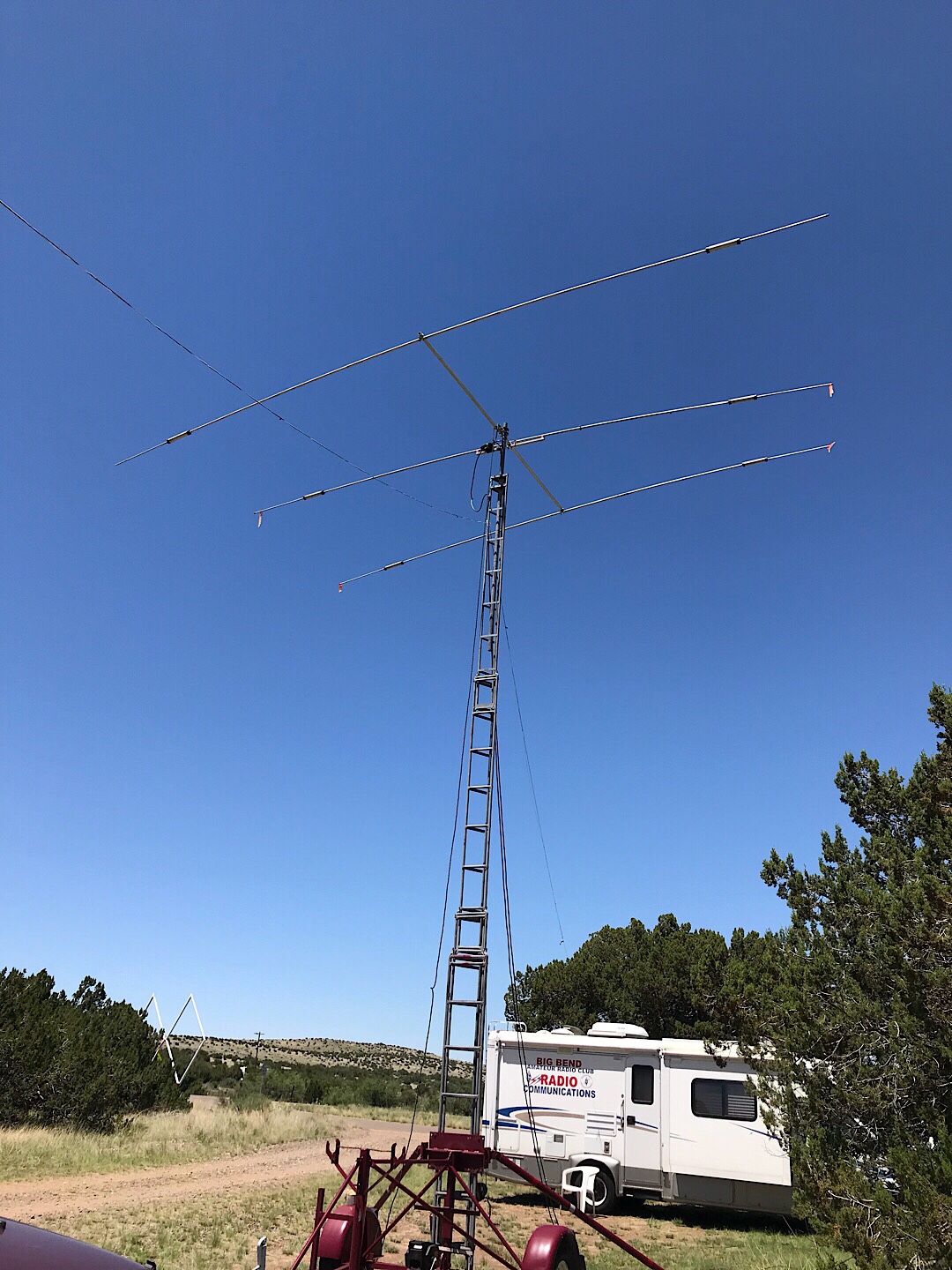
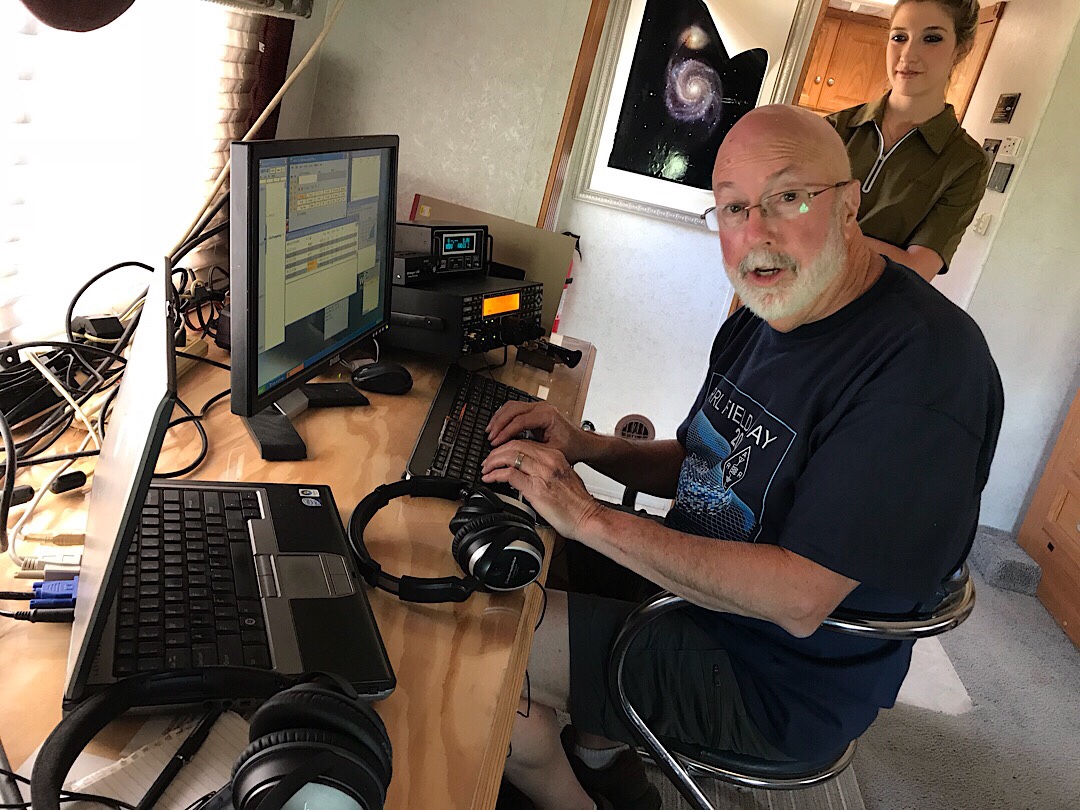
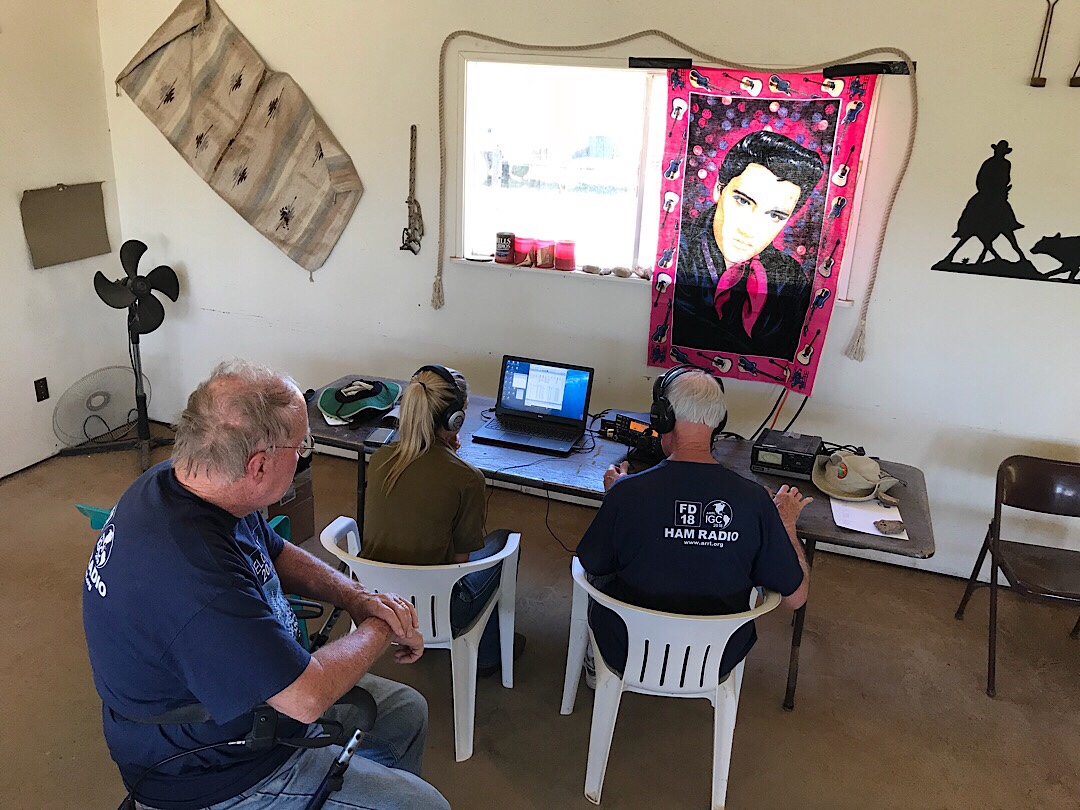
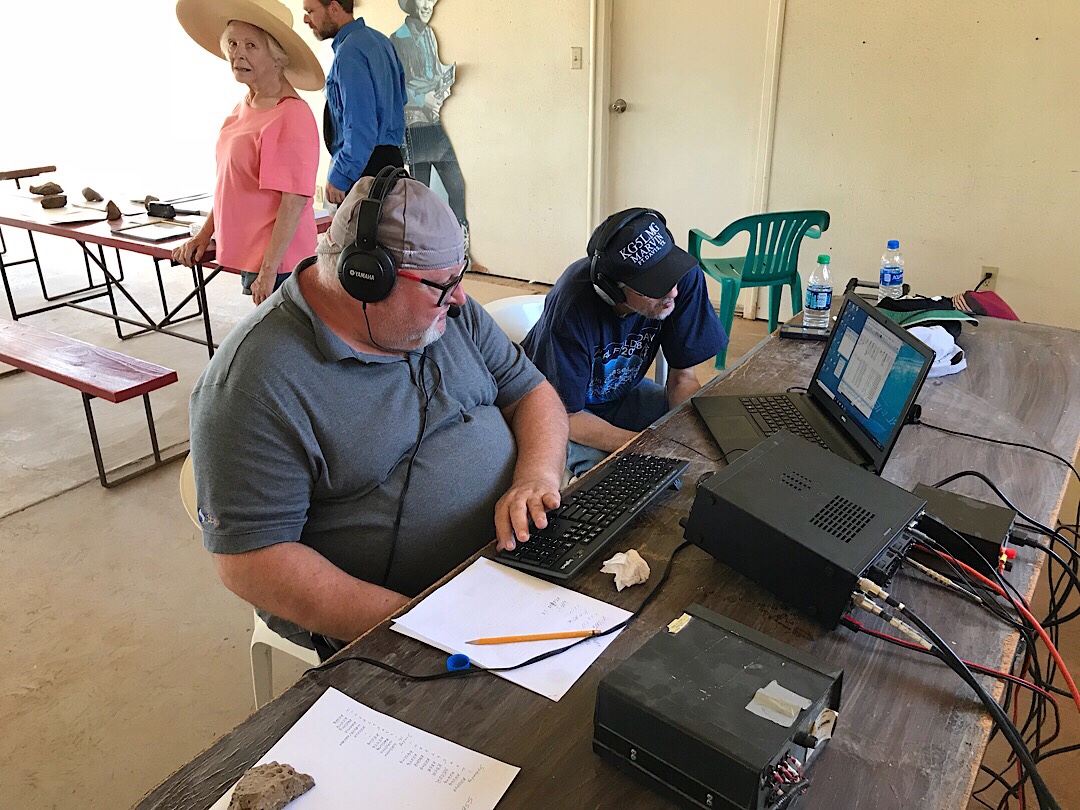
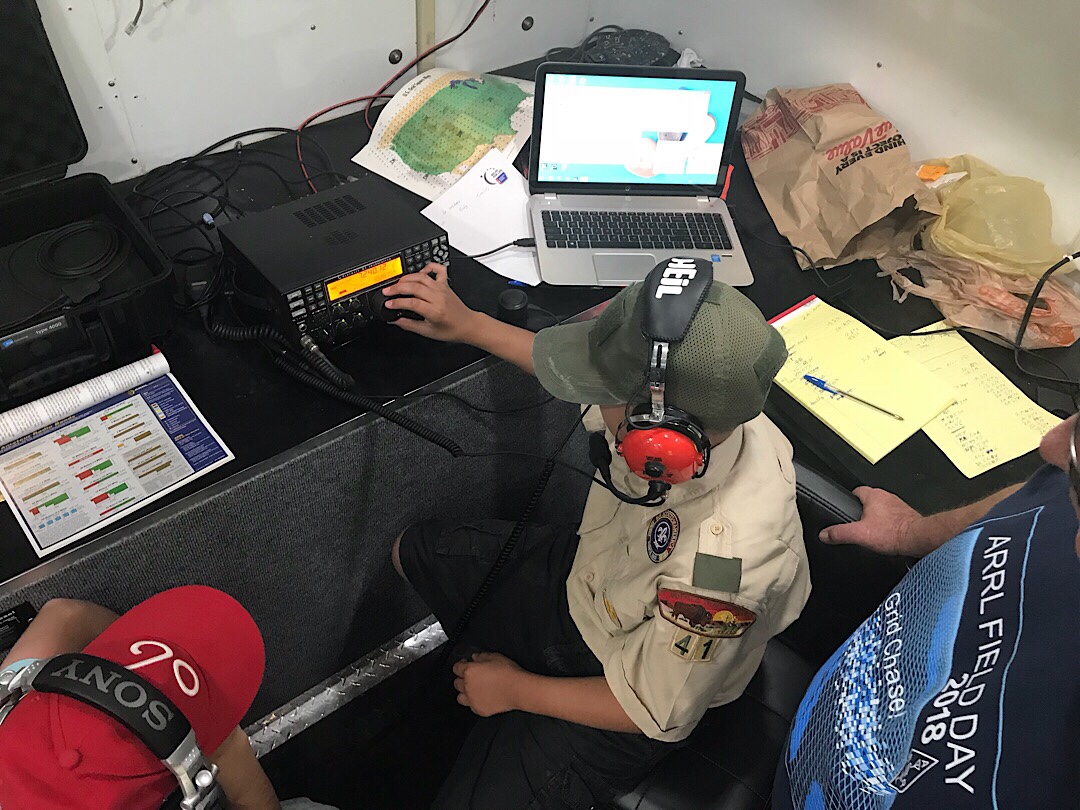
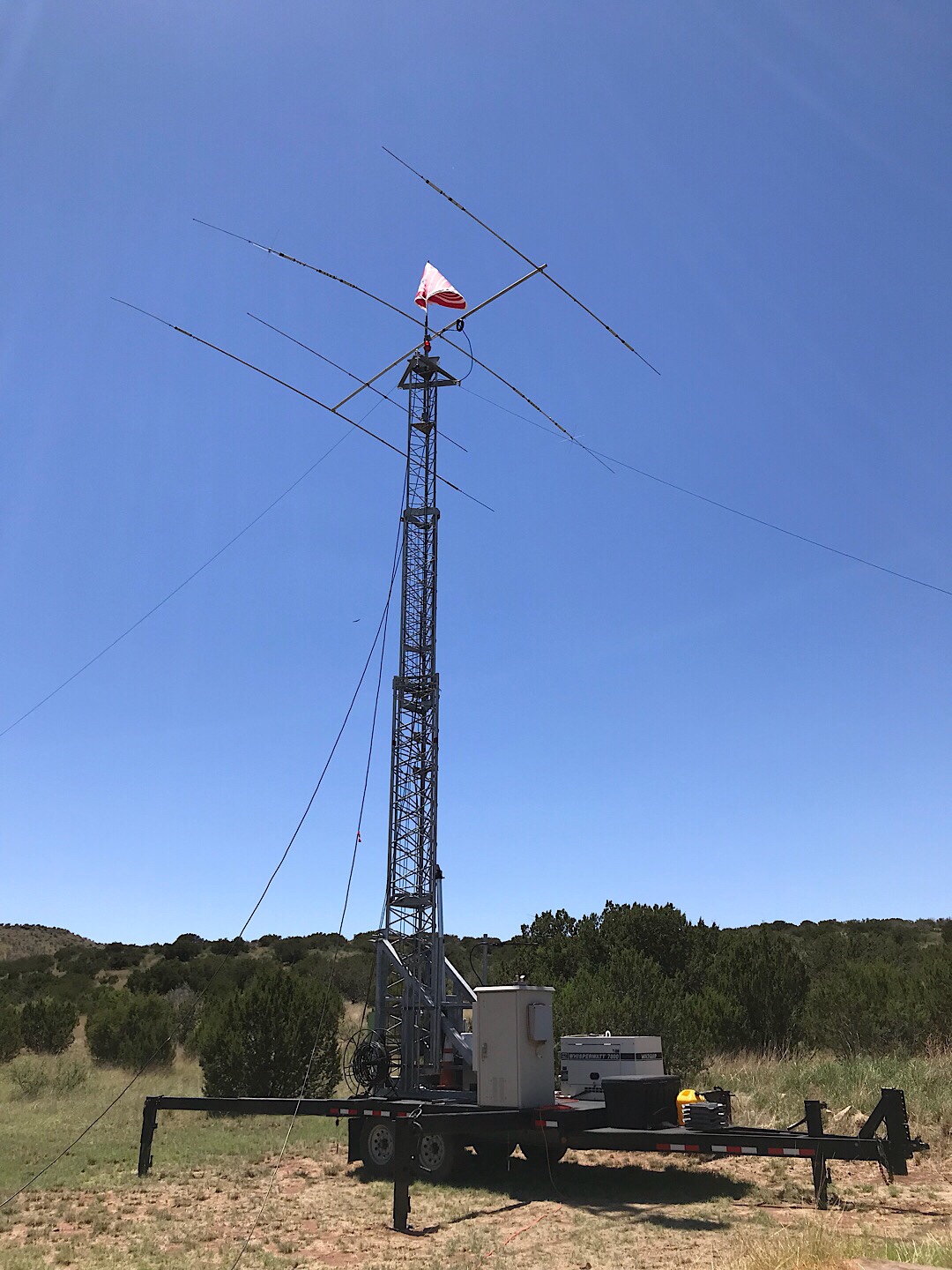
 But I digress, back to comms which you are interested in. Don’t believe any of the statistics coming out of the island concerning the cellular system or electric power grid. I think it was Will Rogers who said “there are 3 kinds of lies: white lies, damn lies, and statistics.” Well I read in one of the reports that 75% of customers now have cell service. What they are REALLY saying is 75% of the population may see a cell signal on their phone during a day. That does NOT mean they can talk to anybody.
But I digress, back to comms which you are interested in. Don’t believe any of the statistics coming out of the island concerning the cellular system or electric power grid. I think it was Will Rogers who said “there are 3 kinds of lies: white lies, damn lies, and statistics.” Well I read in one of the reports that 75% of customers now have cell service. What they are REALLY saying is 75% of the population may see a cell signal on their phone during a day. That does NOT mean they can talk to anybody. For much of today in my area I had 4 bars of signal and 4G LTE… but can’t make or receive calls and no data. Why? Because many cell sites have been restored but they have no connection to the cellular system. All the fiber optic lines that connect cell sites in PR are ABOVE ground. So when the debris removal bulldozers come thru they sever the fiber optic lines. Happens every day and you don’t just splice fiber optics back together.
For much of today in my area I had 4 bars of signal and 4G LTE… but can’t make or receive calls and no data. Why? Because many cell sites have been restored but they have no connection to the cellular system. All the fiber optic lines that connect cell sites in PR are ABOVE ground. So when the debris removal bulldozers come thru they sever the fiber optic lines. Happens every day and you don’t just splice fiber optics back together. After working hurricane duty in Florida doing my normal medical supervision stuff on my Incident Response Coordination Team, I was asked by Homeland Security to VOLUNTEER for a completely different mission in Puerto Rico on their Tactical Radio Communications Task Force. They paid my way to PR but I’m volunteering my time. If you remember for years in Alpine my callsign was KP4FF. I used to live here and know the lay of the land.
After working hurricane duty in Florida doing my normal medical supervision stuff on my Incident Response Coordination Team, I was asked by Homeland Security to VOLUNTEER for a completely different mission in Puerto Rico on their Tactical Radio Communications Task Force. They paid my way to PR but I’m volunteering my time. If you remember for years in Alpine my callsign was KP4FF. I used to live here and know the lay of the land. The 147.020 / Elephant Mountain duplexer problem has been identified as a broken solder joint inside one of the cavities… N5HYD is attempting to repair and retune.
The 147.020 / Elephant Mountain duplexer problem has been identified as a broken solder joint inside one of the cavities… N5HYD is attempting to repair and retune.